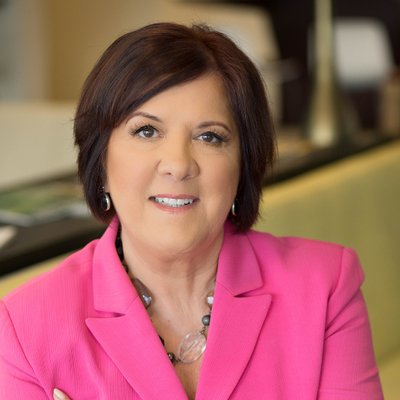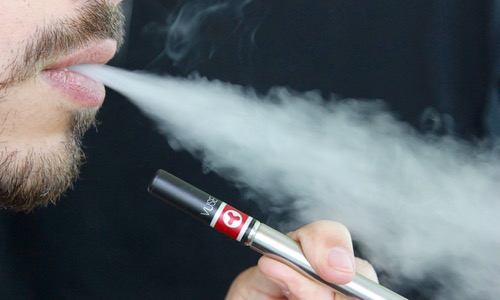Since then, the story has taken a decidedly political turn. On April 24, just the day before the April blog on vaping published, the U.S. Food and Drug Administration (FDA) announced a retail crackdown on both brick-and-mortar and online merchants that sell electronic or “e-cigarettes” to minors, along with a a new “Youth Tobacco Prevention Plan” to persuade manufacturers—and specifically the industry’s market leader, Juul — to stop marketing tobacco, and especially e-cigarettes, to youth.
But the vaping industry is still marketing their products, say critics. In a July 2017 decision, FDA head Dr. Scott Gottlieb extended the deadline for manufacturers to submit their applications for review until August 2022, effectively delaying regulation for years.
Meanwhile, the industry continues to heat up, with market leader Juul reporting a 700% profit in 2017 and revenues of $224.6 million. Enterprising business reporters can develop one or more of the following angles, or combine them with the story angles presented in April’s post to produce a blockbuster series.
First, follow the money
The vaping industry grew 40% in 2017. Talk to Bonnie Herzog at Wells Fargo Securities after reading this November 2017 report. Don’t miss the number on the size of the market share that Juul, which spun off from Pax Lab in 2015, now commands. Try to get ahold of Juul’s latest annual report.
Herzog recently raised her estimate on the size of the industry from $5.1 billion to $5.5 billion in 2018. If you have any vaping manufacturers or associations in your area, be sure to call them.
Next, look at the lawsuits
The FDA concluded its “blitz” of retail outlets at the end of April. See what they have to say about their actions, but also look for any merchants in your area to contact who were affected.
You may also find this historical timeline tracing the FDA’s actions against the import of e-cigarettes since March 2009 informative. Then call the FDA’s press office for comment on the effectiveness of agency regulations. And don’t forget to read this lawsuit filed in March 2018 filed by seven health organizations, Tobacco-Free Kids, which sued FDA’s Gottlieb over his decision to delay regulations on the vaping industry.
Finally, talk to school officials
Some middle and high schools aren’t waiting for Washington to act—they’re training parents about how to recognize vaping and installing “vaping detectors” in school bathrooms. Is the school district you cover one of them? If not, are they considering taking such actions? Talk to local, county and regional school administrators and parent organizations to develop this angle. Get a lead on which schools are installing detectors by talking to Billy Schweigert, software developer for Digital Fly. which is out front on manufacturing these detectors.











